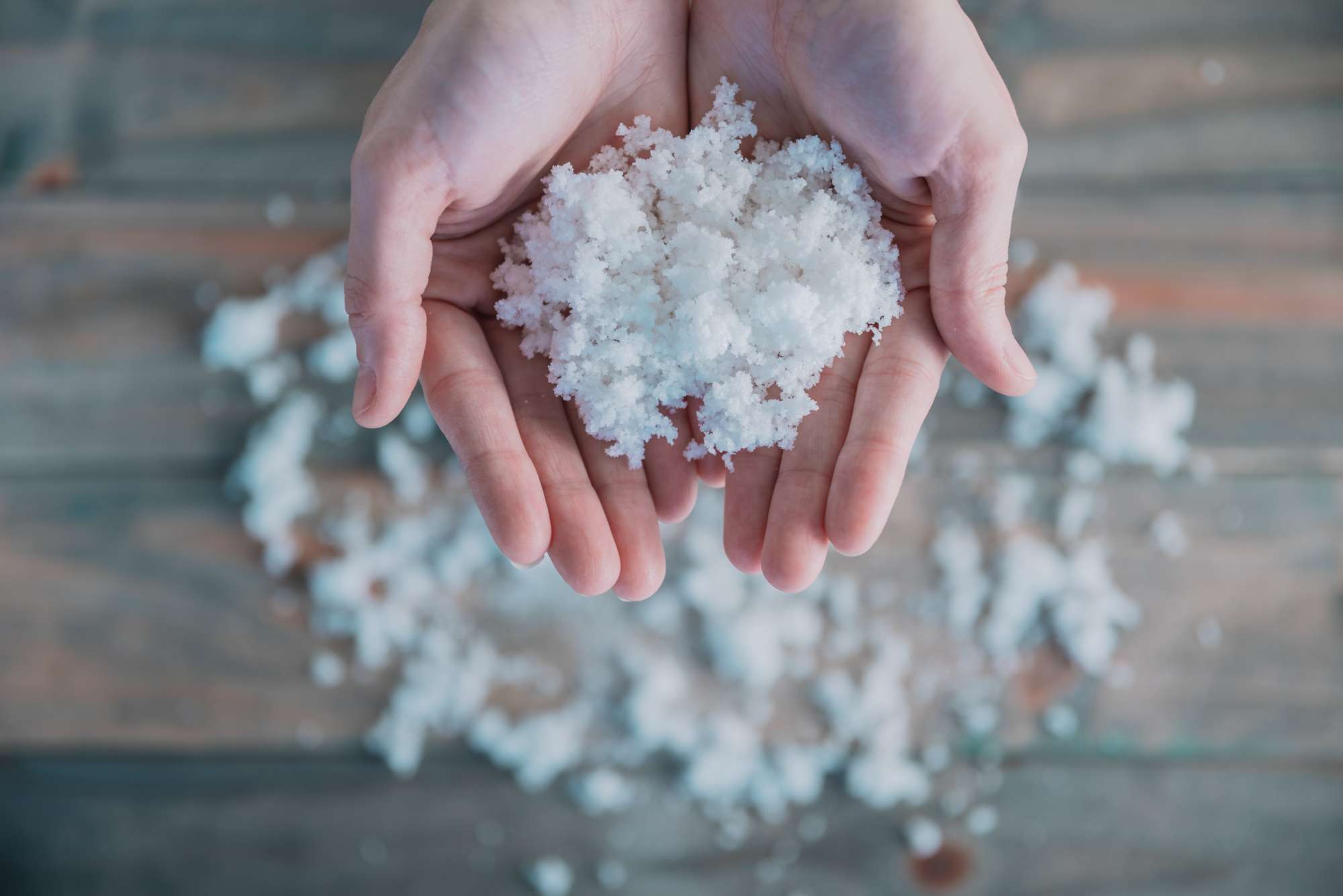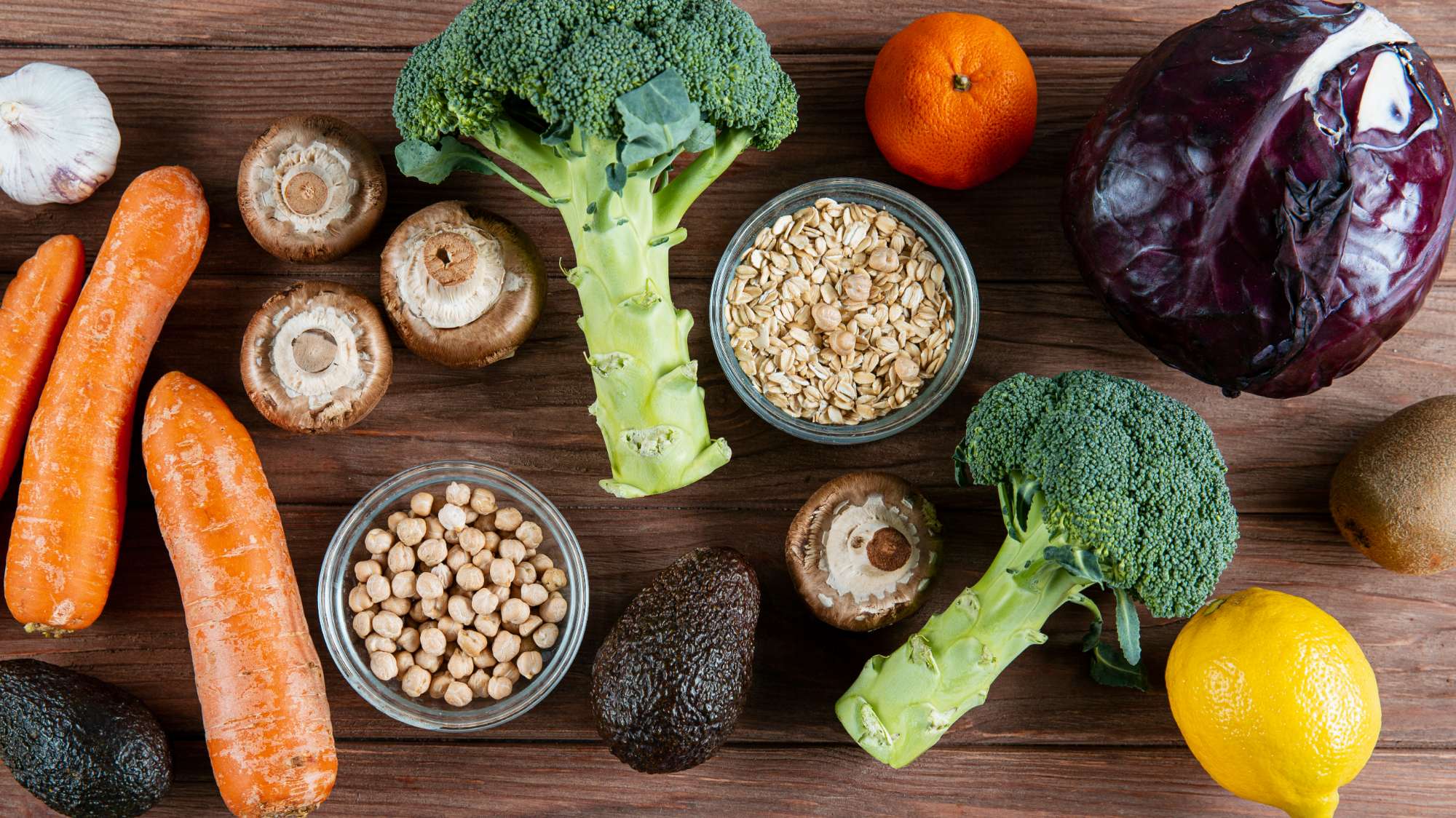Manganese assists many enzymes involved in breaking down carbohydrates, proteins, and cholesterol
Manganese assists many enzymes involved in breaking down carbohydrates, proteins, and cholesterol
Manganese is a trace mineral which needs to stay health. Because our bodies cannot make it, we must get it from foods or supplements. Our body uses manganese to make energy and protect cells from damage. Our body also needs manganese for strong bones, reproduction, blood clotting, and a healthy immune system.
Role of manganese in body
Manganese is an essential trace element that is naturally present in many foods and available as a dietary supplement. Manganese is a cofactor for many enzymes, including manganese superoxide dismutase, arginase, and pyruvate carboxylase . Through the action of these enzymes, manganese is involved in amino acid, cholesterol, glucose, and carbohydrate metabolism; reactive oxygen species scavenging; bone formation; reproduction; and immune response. Manganese also plays a role in blood clotting and hemostasis in conjunction with vitamin K.
Manganese is absorbed in the small intestine through an active transport system and, possibly, through diffusion when intakes are high. After absorption, some manganese remains free, but most is bound to transferrin, albumin, and plasma alpha-2-macroglobulin. Manganese is taken up by the liver and other tissues, but the mechanism of this process is not well understood.
The human body contains about 10 to 20 mg manganese, of which 25% to 40% is in bone. The liver, pancreas, kidney, and brain also contain manganese. The body maintains stable tissue manganese concentrations through regulatory control of manganese absorption and excretion. More than 90% of absorbed manganese is excreted via bile into the feces, and a small amount is reabsorbed. Very little is excreted in urine.

What happens if body without enough manganese?
A deficiency of manganese is very rare, and there are no groups of people known to be at risk for developing a deficiency. Therefore, symptoms showing a deficiency have not been clearly established. The absorption of manganese may decrease if eaten with iron-rich foods, as these minerals compete for the same proteins that help with their absorption in the intestines.
What happens if body has high manganese?
There are no reports of reaching toxic levels of manganese from the diet. However, there have been isolated case reports of toxicity shown in people who drank water contaminated with unusually high levels of manganese and in industrial mining and welding workers who inhaled excess amounts of manganese in dust. Because iron and manganese rely on the same proteins that help with their absorption, having low iron stores (e.g., anemia) can increase manganese absorption and heighten a toxicity if excess manganese is present. A manganese toxicity targets the central nervous system. Symptoms include: Tremors, muscle spasms, decreased hand-eye coordination, decreased balance, hearing loss, headaches, depression, mood changes.
Recommended Amounts
RDA: the Recommended Dietary AllowanceThe amount of manganese you need depends on your age and sex. Average daily recommended amounts are listed below in milligrams (mg).
- Birth to 6 months: 0.003 mg
- Infants 7 to 12 months: 0.6 mg
- Children 1 to 3 years: 1.2 mg
- Children 4 to 8 years: 1.5 mg
- Boys 9 to 13 years: 1.9 mg
- Girls 9 to 13 years: 1.6 mg
- Teen boys 14 to 18 years: 2.2 mg
- Teen girls 14 to 18 years: 1.6 mg
- Adult men: 2.3 mg
- Adult women: 1.8 mg
- Pregnant teens and women: 2.0 mg
- Breastfeeding teens and women: 2.6 mg
UL: The Tolerable Upper Intake Level The Tolerable Upper Intake Level (UL) for manganese for all adults 19+ years of age and pregnant and lactating women is 11 mg daily; a UL is the maximum daily intake unlikely to cause harmful effects on health.
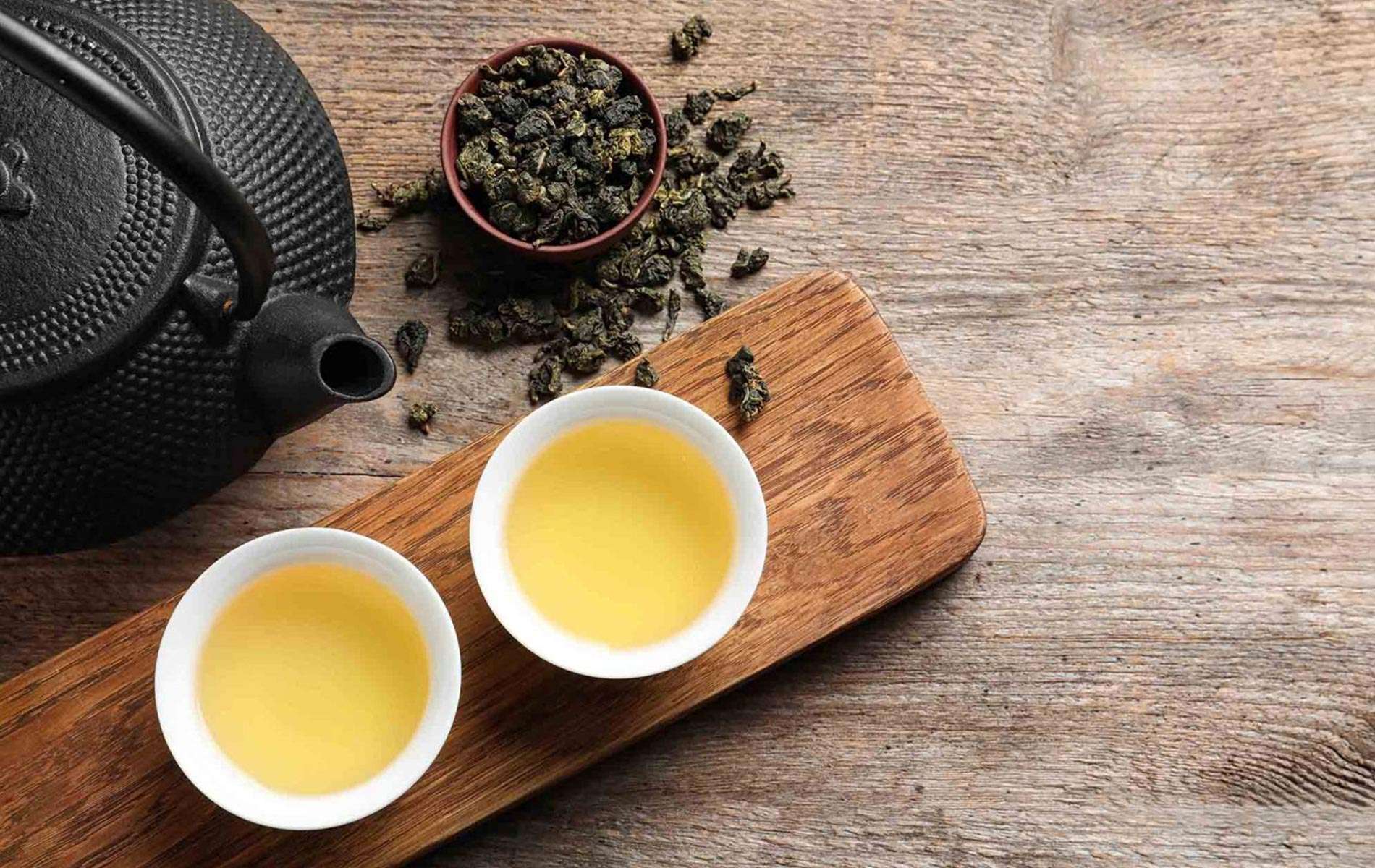
What foods provide manganese?
Many foods contain manganese. You can get recommended amounts of manganese by eating a variety of foods, including the following:
- Tea
- Clams, oysters, and mussels
- Nuts, such as hazelnuts and pecans
- Many spices, such as black pepper
- Legumes, such as soybeans and lentils
- Leafy vegetables, such as spinach and kale
- Some fruits, such as pineapple and blueberries
- Whole grains, such as brown rice, oatmeal, and whole-wheat bread.
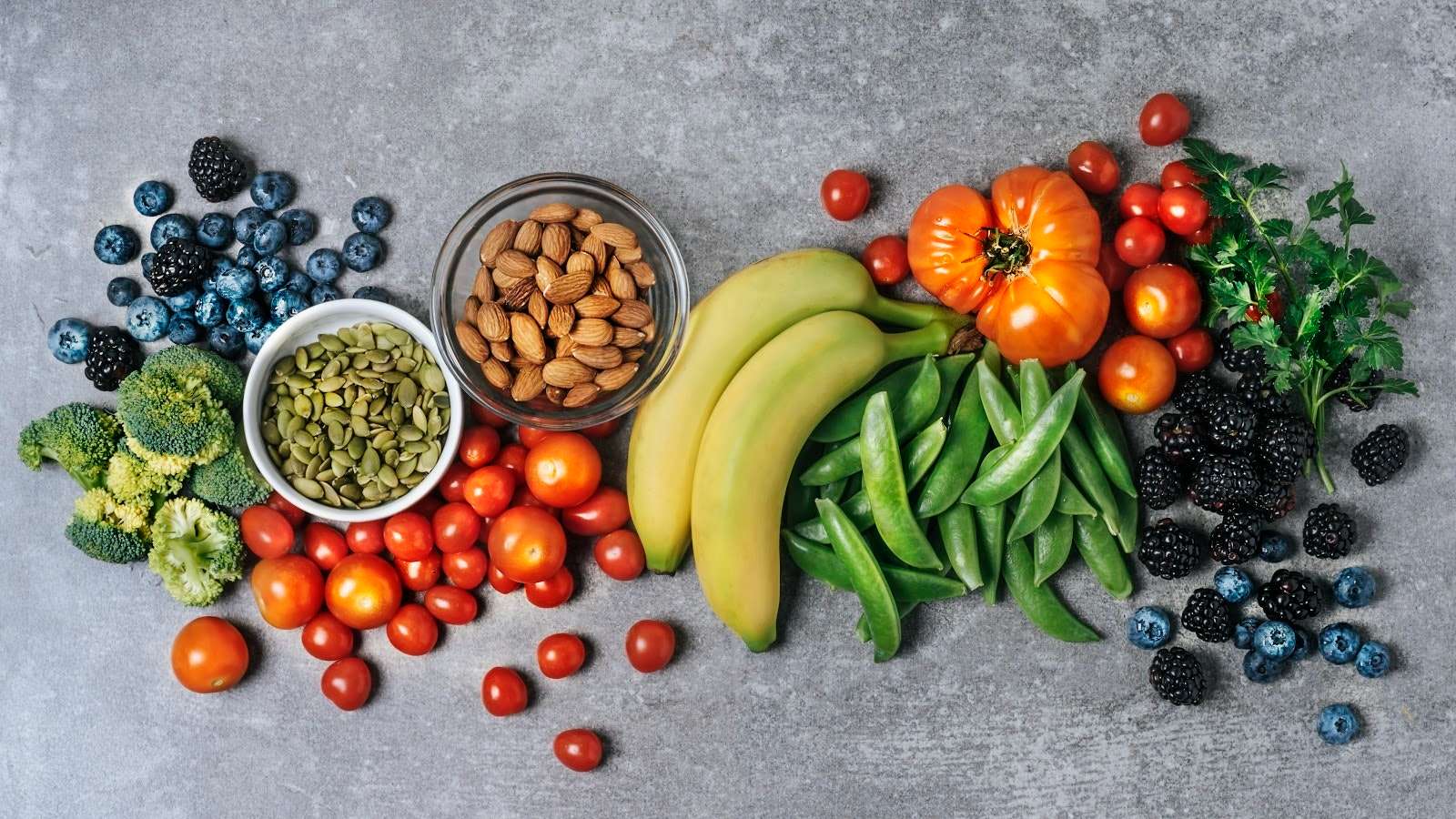
Manganese and Health
Scientists are studying manganese to understand how it affects health. Here are some examples of what this research has shown.
1. DiabetesManganese plays a role in the metabolism of carbohydrates and specifically glucose. In animal studies, a manganese deficiency can impair the action of insulin and disrupt normal blood levels of glucose. However, human studies have shown mixed results on its connection with diabetes. Case-control studies have shown an association of very high and very low blood levels of manganese and an increased risk of type 2 diabetes. Other studies have found no association at all. Therefore, it is still unclear if higher manganese intakes or manganese supplementation may protect against type 2 diabetes.
2. Bone healthManganese assists enzymes that build bone. Animal studies show that a deficiency of the mineral can reduce bone density and the formation of bone. Human studies have been few and small in size, and have shown conflicting conclusions. Some observational studies found lower blood levels of manganese in women with osteoporosis versus those without osteoporosis; other studies found no difference. There have been no clinical trials studying the effects of manganese supplementation on bone health.
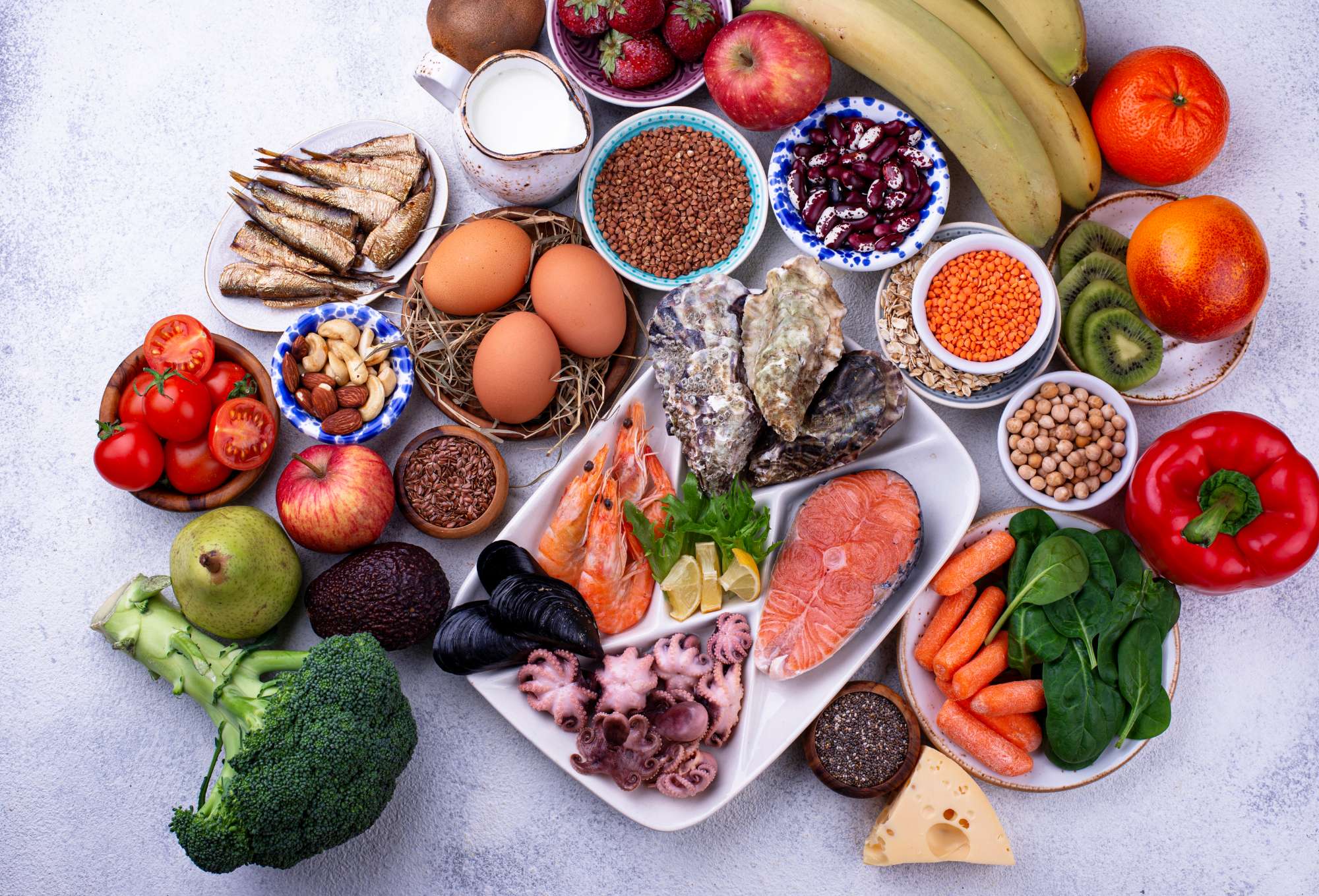
Interaction with medicine
Manganese is not known to interact or interfere with any medicines.
Tell your doctor, pharmacist, and other health care providers about any dietary supplements and prescription or over-the-counter medicines you take. They can tell you if the dietary supplements might interact with your medicines or if the medicines might interfere with how your body absorbs, uses, or breaks down nutrients, such as manganese.
Did you know?
The main food sources of manganese in the U.S. diet are tea, vegetables, and whole grains.
Manganese is a component of an antioxidant called superoxide dismutase (SOD), which can protect against cell damage caused by free radical molecules. SOD is an enzyme that breaks down the free radical superoxide into smaller, less harmful molecules.
Compiled and written by Crocus Media
Products

Negin Saffron Kashmiri
Negin Saffron from The House of Origins is legally sourced with high quality. There are a plethora of famous saffron raw material areas, but the Kashmiri pistil from India has a better quality because the climatic and soil conditions are more suitable for them. Each Kashmiri saffron has 3 delicate branches of saffron that are skillfully hand-picked by the local Lethapora farmer community to bring you the original and pure 'red gold'.
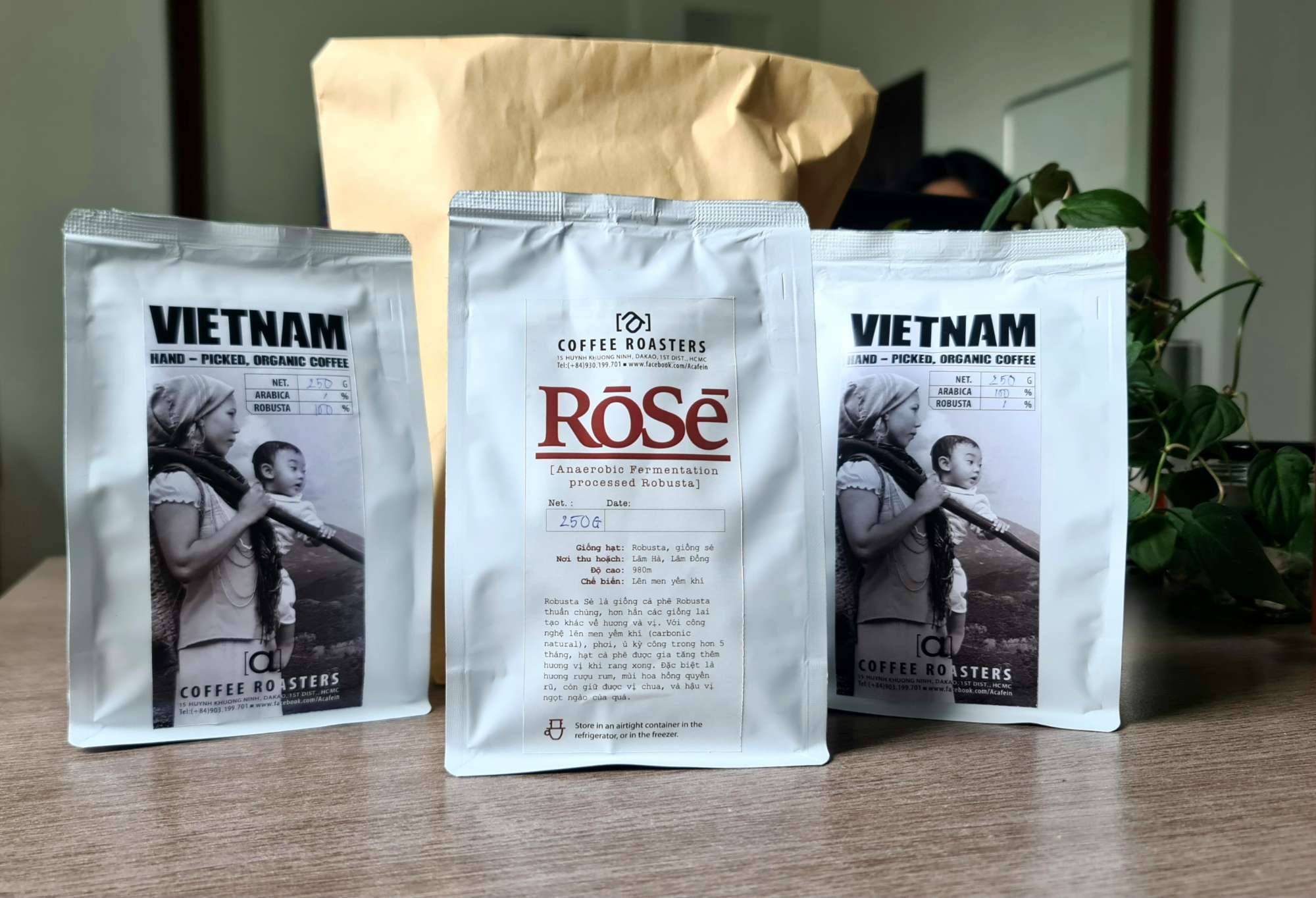

.jpg)
